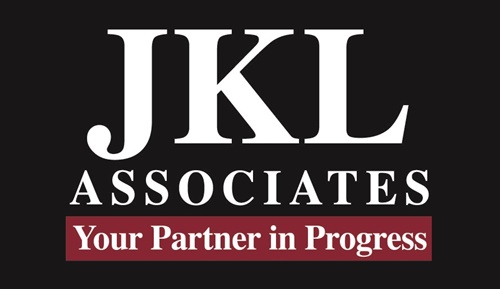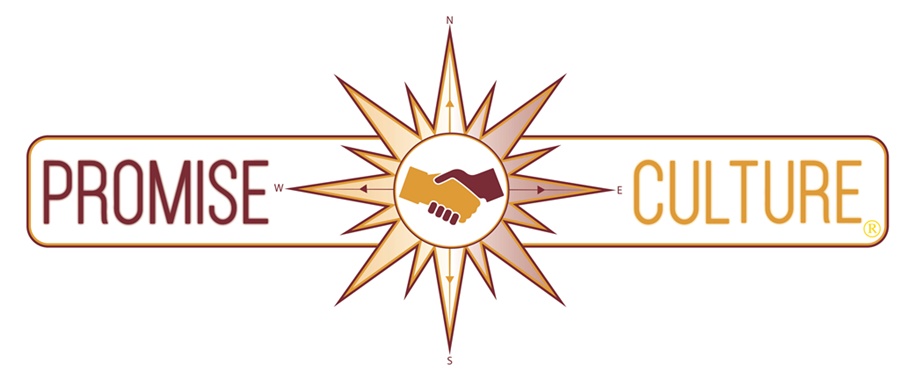October 3, 2019
ISSN# 1545-2646
Accountability
By definition – Accountability is the act of being accountable. Which by extension, being accountable is the person or organization being held to standards of expectations which are required or expected to guide actions, behaviors, decision, the steps taken to execute for the attainment of a given deliverable or outcome.
Sounds fairly straight forward for both the business and personal transaction we experience each and every day. But is it that simple?
For some accountability is a way of conducting each and everything they do. They seek out the defined expectations and then conduct themselves to those standards. Their desire is to complete the results in a proper way without issue or concern. For others their tendency is to avoid learning or understanding the expectations and then go about their business from their own perspective. If the outcome is different than what was expected then they simply ask for forgiveness and plan to do better in the future.
Depending on the situation, both can be a benefit and both can cause challenges. For example, the person who seeks out the details and does not move forward with getting to productive action may delay the timeframe of delivery. They become a captive of being overly directed by doing it right the first time and never getting to the state of moving forward in a timely fashion into action. On the other hand, the person who simply jumps into action without regard for the details of the deliverable can take the project at hand into a direction which will not deliver the results needed and potentially have cost over runs.
Thus it is imperative on leadership to define well articulated and understood expectations of process and procedure for taking actions, behaving and executing decisions especially when done on behalf of the business which employs them. I’m not necessarily indicating you need long and lengthy standard operating procedures for each and every element of your business. Some businesses do need this level of detail while others may be as successful with a more “Cliff Notes” version of the procedures to operate the business.
More importantly is that you have an overall framework for your business which everyone can embrace, understand and use as the guidance system for each and every action, behavior and decision they make on behalf of the organization. This framework consists of a “Purpose” statement or why the entity exists or it can be as narrow by each department etc. Core values are next – what are the 3 to 6 key elements which each and every person MUST know and have tangible understanding. In alignment with the Core Values are the supporting principles or statements which govern the how, what, when, where, why, how come etc. of each action taken by employees when in the workplace setting. For example, at JKL Associates one of our Core Values is Accountability. – our principle is that we will hold ourselves to the highest standards while delivering our goods and services to our clients. This permeates each and every action we have with every relationship we have – our clients, our vendors etc.
By having an overarching framework for the business, the individual processes and procedures which are executed each day are guided by the framework. This reduces the level of step by step details and allows for each individual’s talents to be worked into the success of the business as long as they align to the overall framework of Purpose, Core Values and Principle statements.
This week take a look at the results and outcomes of your business. Are they aligned with customer/client satisfaction? Are you dealing with lots of variance because of an absence of guidance from processes or procedures? Do you have a framework by which each and every action, behavior and decision is guided to best possible results consistently?
If you are challenged with any of those answers, then give a call to JKL Associates at (313) 527-7945 in Michigan or (407) 984-7246 in Florida. We are ready to assist in your success.

